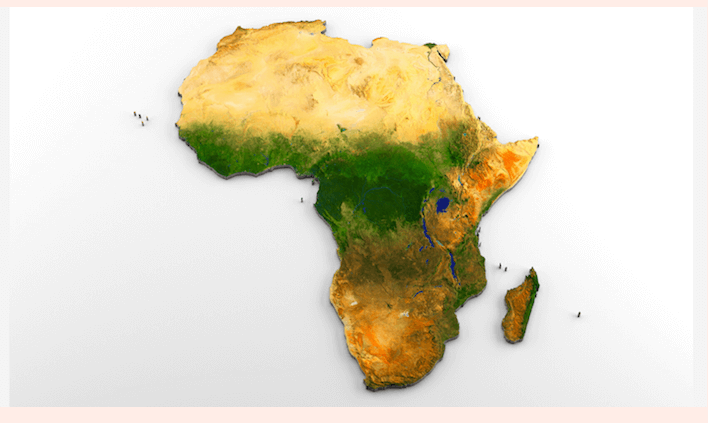Many African nations continue to bear the names imposed during colonial rule, while others have embraced new identities that reflect their heritage and cultural significance. Names are more than just labels they embody a country’s history, values, and aspirations. Here, we explore seven African countries that have changed their colonial names to ones that resonate with their cultural identity.
1. Botswana
Formerly known as Bechuanaland during British colonization, Botswana gained independence in 1966 and adopted its current name, which honors the Tswana people, the majority ethnic group in the country. This change marked a significant step in reclaiming their identity and embracing their roots.
2. Burkina Faso
Before achieving independence from France in 1960, Burkina Faso was called Haute-Volta, or the Republic of Upper Volta. In 1984, the country was renamed Burkina Faso, which translates to “the land of upright and honest people.” This new name reflects the values and aspirations of its citizens.
ALSO READ: The Impact of AI on the Future of Journalism
3. Zimbabwe and Zambia
Both Zimbabwe and Zambia share a colonial legacy tied to the name Rhodesia, named after Cecil John Rhodes, a British imperialist. In 1964, Northern Rhodesia became Zambia, derived from the Zambezi River. Southern Rhodesia became Zimbabwe in 1980, shedding its colonial name to embrace a title inspired by Great Zimbabwe, an ancient city that symbolizes the nation’s rich heritage.
4. Eswatini
In 2018, Swaziland officially changed its name to the Kingdom of Eswatini, a term used by King Mswati III since 2014. The renaming was a symbolic gesture to distance the nation from its colonial past and to eliminate confusion with Switzerland. This move celebrated the country’s 50th independence anniversary and reaffirmed its cultural identity.
5. Mozambique
Previously known as Portuguese East Africa until 1975, Mozambique derived its name from “Musa Al Bik,” a notable Arab trader in the region. The change marked a departure from colonial nomenclature and emphasized its historical connections to trade and cultural exchanges.
6. Mali
During the colonial era, Mali was referred to as French Sudan, part of French West Africa. After gaining independence in 1960, the country formed the Malian Federation with Senegal before becoming the Republic of Mali. The new name pays homage to the historic Mali Empire, highlighting the nation’s rich cultural heritage.
While several countries have successfully reclaimed their identities through renaming, others, like Nigeria, still retain their colonial names.

For comments, Feedback and Opinions do get in touch with our editor on WhatsApp: +44 7949 297606.
